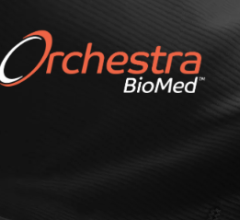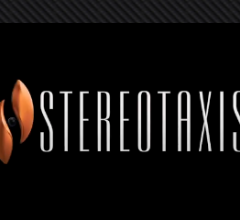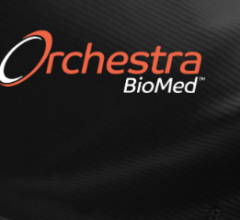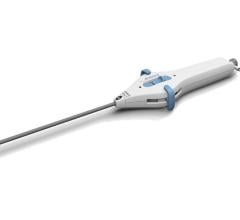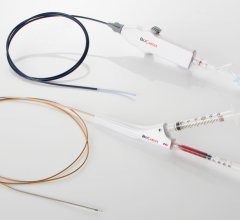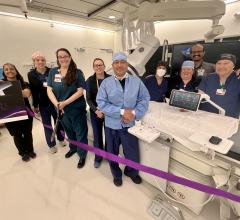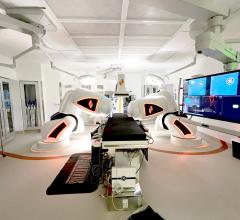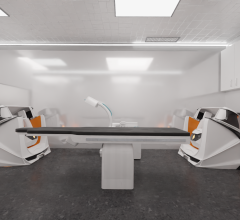
March 30, 2009 - Impulse Dynamics announced findings from the FIX-HF-5 study of its OPTIMIZER System at the 58th Annual Scientific Session of the American College of Cardiology in Orlando, FL, demonstrating positive longer term effects of the system’s cardiac contractility modulation (CCM) signals.
The OPTIMIZER System consists of a pulse generator and conventional pacing leads which deliver the therapy to the cardiac tissue. The device is implanted in a manner similar to a pacemaker procedure. Unlike conventional pacing methods, however, the OPTIMIZER device utilizes CCM therapy in which electrical impulses are delivered to the heart after the heart has already initiated its contraction. CCM is designed to increase the forcefulness of the heart's pumping action rather than initiating a new contraction.
The FIX-HF-5 study met its primary safety endpoint, which was a non-inferiority demonstration of the composite of all-cause mortality and all-cause hospitalizations. Compared to the control group, patients treated with CCM signals over the other group had significantly improved exercise tolerance as judged by an increase in peak oxygen update (p=0.02) and an improvement in quality of life as judged by a reduction in the Minnesota Living with Heart Failure score (p
"We are pleased to report these longer term data that add to the growing wealth of knowledge showing the potential of CCM as a therapy for heart failure patients with no other options," said Dr. William Abraham, professor of internal medicine and director of the Division of Cardiovascular Medicine, Ohio State University Medical Center.
In a subgroup representing the "less sick" half of the study population (NYHA Class III with ejection fraction 25% and above), the study found even greater improvements not only in peak VO2 (p=0.001) and quality of life (p=0.003), but also in the primary endpoint of ventilatory anaerobic threshold (p=0.03). These effects were largely maintained at twelve months as well.
"This subgroup of the less severely impaired patients appeared to demonstrate an overall greater response rate that those in the control group," noted Dr. Alan Kadish, professor, Division of Cardiology, Feinberg School of Medicine, Northwestern University. "We are particularly encouraged by the findings in this subgroup of patients and look forward to focusing on this subgroup in our next study."
The OPTIMIZER System is CE Marked and commercially available in Europe and is currently under clinical investigation at major U.S. research and academic facilities.
For more information: www.impulse-dynamics.com.


 January 29, 2026
January 29, 2026 
